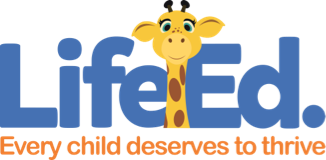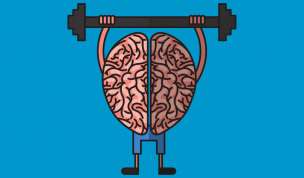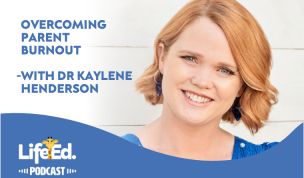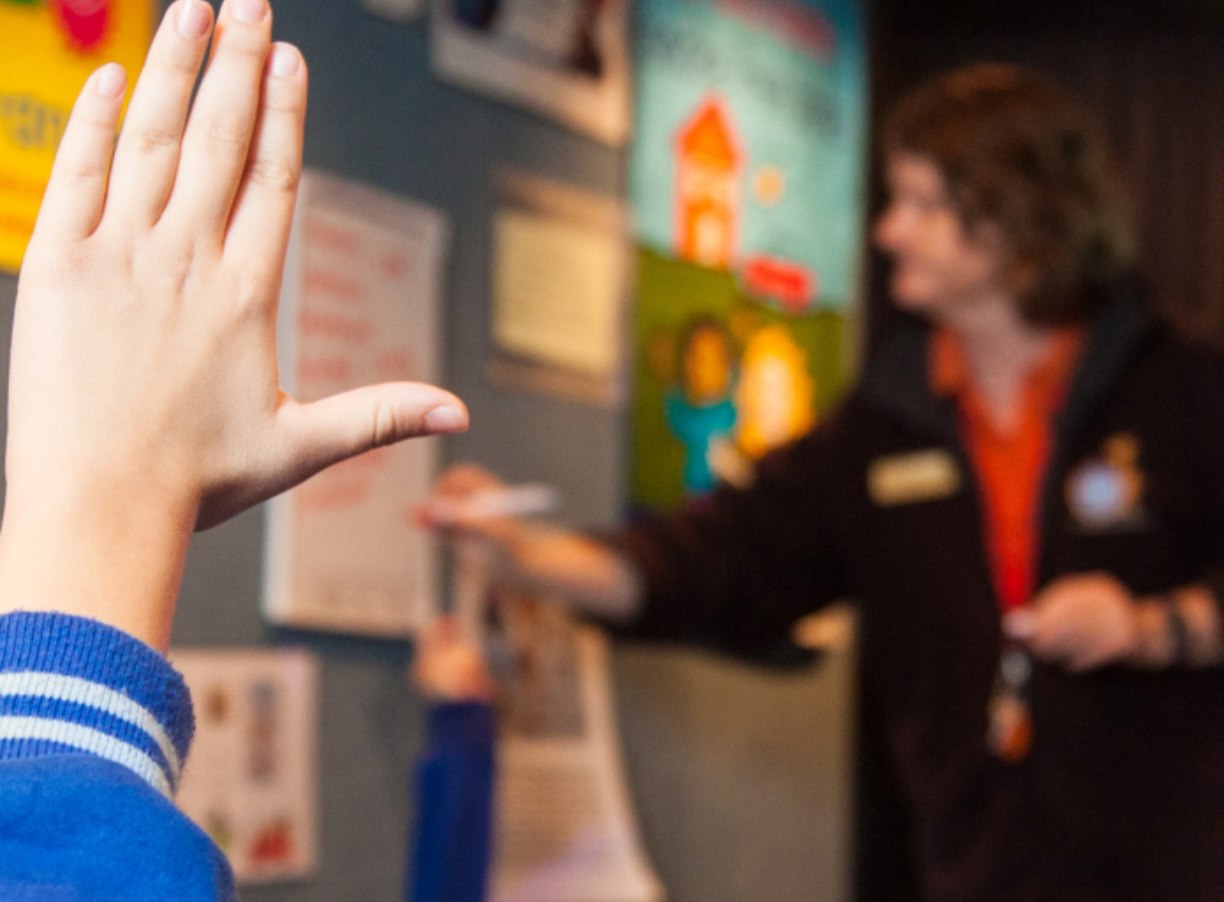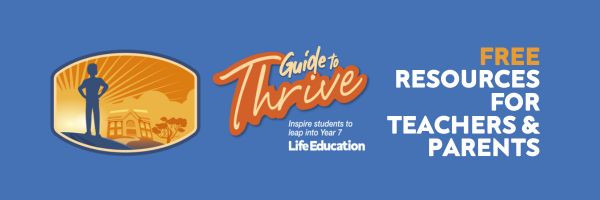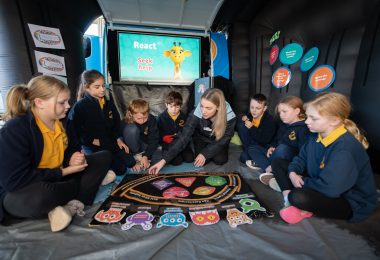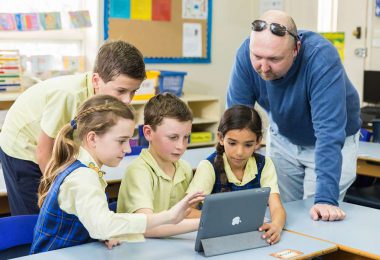Evidence Based Reports
Life Ed fills a significant gap in children’s physical health and safety education

Our program is underpinned by evidence-based best practice, including the WHO Health Promoting Schools Framework. Our modules are based on a practical theory of change, which has been found to build knowledge and skills which lead to reduced problem behaviours and harm.
We practice continuous improvement by establishing structured, ongoing processes to collect and use data to inform site-level and system-level decision-making.

A systematic review has found that only 15% of programs in the child protection curriculum address physical health. Safety-related programs only account for 5%.
Our impact is backed by research. According to a 2021 report by the Australian Educational Council (ACER), our educators play a valuable role in helping schools to strengthen the understanding and behaviour of students towards making safe and healthy choices. Studies have found:
- Life Ed has helped students to better manage conflict and be more considerate of other people.
- Our program has instilled vital life skills in children, not widely available in other programs. These skills include action in emergency, online safety, critical thinking and decision making.
- Life Ed has supported the professional development of teachers by modeling best-practice teaching and learning pedagogy.
- Life Ed provides much needed-onsite support that helps to address real and current issues facing school communities, including natural disasters, isolation and substance abuse. This is particularly important for schools in low SES areas and remote communities that often miss out.
- For many families, Life Ed programs are an inter-generational mainstay of their schooling experience. This builds trust and confidence in the key messaging and opens up opportunity for student-parent discussion at home, further supporting students to take on board important learnings.
FAQs
Consisting of 16 different modules, our program has been specially designed for preschools, primary schools and secondary schools.
Our program covers topics including; drugs and alcohol, personal safety, cybersafety, food and nutrition, physical activity, social and emotional wellbeing and the human body. By working together with school communities, we are able to identify areas of greatest need and choose program content tailored to each school and stage group.
Definitely not a one-off intervention. Our program is designed to engage students from an early age and to be sequential; delivered year-on-year, building on learnings throughout preschool and primary school into secondary school.
Our program is delivered by a team of specially trained educators using highly interactive exercises and techniques. In recent times, in response to the COVID-19 pandemic, our program is also available online.
Mobile Learning Centres are used in most primary schools. Our pop-up classrooms are available for use in primary schools in selected locations. Preschool visits are facilitated in your learning environment.
